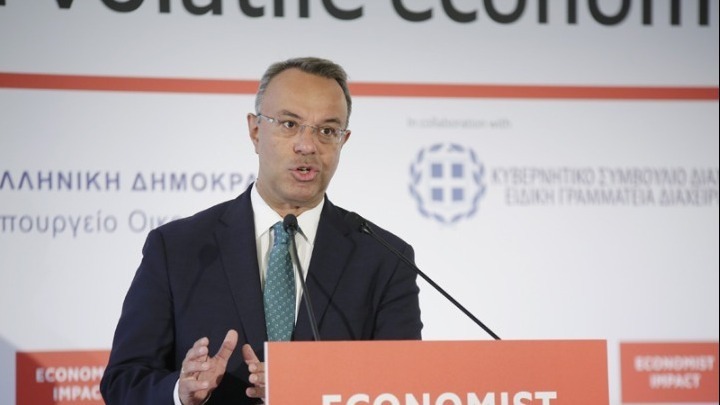
Finance Minister Christos Staikouras said he was “realistically optimistic” that Greece can – and will – move to high, sustainable and socially just growth and prosperity for all the society, despite the fact that crises are tending to become the new normal, while addressing the Economist conference on Monday.
According to the minister, this is based on the performance of the economy, which “builds” confidence, provides protection, cultivates reasonable expectations and creates positive perspectives against the shocks of unpredictable external developments. He referred to the updated figures, according to which Greece’s GDP will rise to 210 billion euros this year and 220 billion euros in 2023, an increase of 5.3% this year and a little over 2% next year, while noting that this growth will be combined with policies that ensure fiscal stability.
The finance minister outlined five key facts about the economy, which he listed as follows:
1. GDP is growing strongly. Amidst the energy crisis, the economy is growing at a rapid rate, almost twice the European average. The estimate is revised upwards to 5.3% for 2022 (from an initial estimate of 3.1%). During the same period, the European average is estimated at 3.1%.
Based on current data, the country’s GDP is expected to be around 210 billion euros in 2022 and 220 billion euros in 2023.
2. Growth is also based on the impressive increase in investments and exports. This year it is estimated that there will be a new historical performance in foreign direct investments and exports of goods and services.
In particular: Foreign direct investments reached 5 billion euros in 2021, recording the highest performance of the last twenty years. This upward trend is continuing in 2022, since in the first half of 2022, FDIs have exceeded 90% of those throughout the previous year.
Exports accounted for 41% of GDP in 2021, double the pre-crisis levels. Today, Greece exports more than France, Italy and Spain, while it has impressively increased exports of high-tech goods.
3. Unemployment is shrinking. Having fallen by around 6 points, compared to 2019, it is at its lowest level in the last 12 years, with a more significant reduction in the level of youth and female unemployment.
4. The bad loans in the banks’ portfolios have significantly decreased. They stood at the end of the first half of 2022 at 14.8 billion euros or 10% of total loans, from 75.3 billion euros or 44% of the total in June 2019.
5. Greece credibility has also been strengthened. The country has exited the regime of enhanced surveillance, has prepaid all IMF loans, has been upgraded 11 times over the last three years (four of them after the outbreak of war in Ukraine), returned to European normality and is approaching investment grade.
Latest News
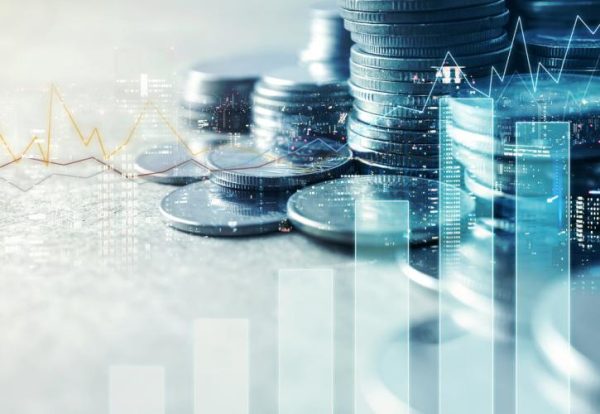
Bank of Greece: Primary Gov. Surplus €4.1b Jan.-March 2025
The data released today by the Bank of Greece revealed that the central government’s overall cash balance recorded a surplus of €1.465 billion in the first quarter of 2025, compared to a deficit of €359 million in the corresponding period of 2024.

Greek Government Reissues 10-Year Bond Auction for €200 Million
The amount to be auctioned will be up to 200 million euros, and the settlement date is set for Friday, April 25, 2025 (T+5)

Greece Defines Continental Shelf Limits and Maritime Zones in Landmark EU Document
The Maritime Spatial Planning (MSP) framework represents a comprehensive approach to spatial planning and is crucial for the successful development of a blue and circular economy

EU Praises Greece’s RRF Progress as Revised Recovery Plan Nears Completion
Athens is preparing to submit its revised “Greece 2.0” Recovery and Resilience Plan after Easter, with a slight delay from the initial timeline but with the European Commission’s approval.

Greek €200M 10Y Bond to be Issued on April 16
The 3.875% fixed-interest-rate bond matures on March 12, 2029, and will be issued in dematerialized form. According to PDMA, the goal of the re-issuance is to meet investor demand and to enhance liquidity in the secondary bond market.

German Ambassador to Greece Talks Ukraine, Rise of Far Right & Tariffs at Delphi Economic Forum X
Commenting on the political developments in his country, the German Ambassador stressed that it was clear the rapid formation of a new government was imperative, as the expectations across Europe showed.

Athens to Return Confiscated License Plates Ahead of Easter Holiday
Cases involving court orders will also be excluded from this measure.

Servicers: How More Properties Could Enter the Greek Market
Buying or renting a home is out of reach for many in Greece. Servicers propose faster processes and incentives to boost property supply and ease the housing crisis.

Greek Easter 2025: Price Hikes on Lamb, Eggs & Sweets
According to the Greek Consumers’ Institute, hosting an Easter dinner for eight now costs approximately €361.95 — an increase of €11 compared to 2024.

FM Gerapetritis Calls for Unified EU Response to Global Crises at EU Council
"Europe is navigating through unprecedented crises — wars, humanitarian disasters, climate emergencies," he stated.

























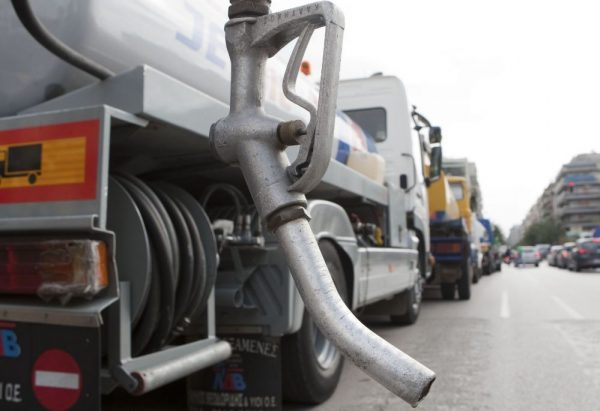


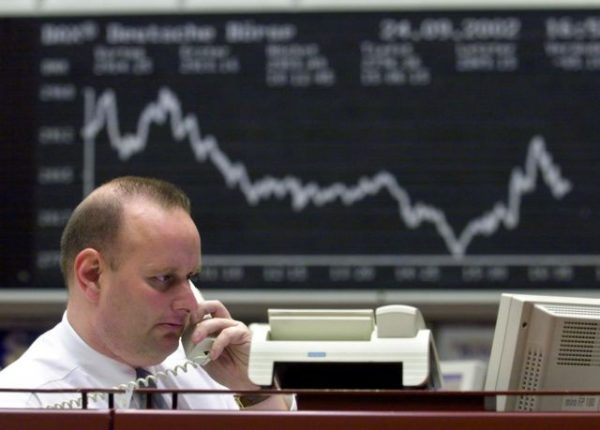


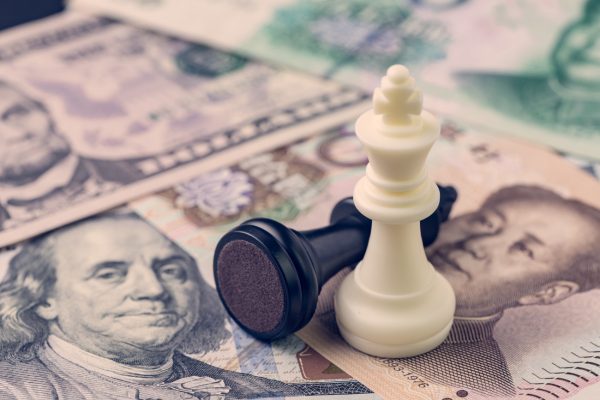
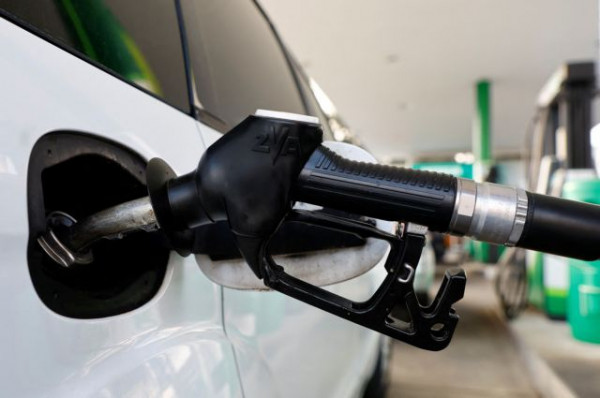








 Αριθμός Πιστοποίησης
Αριθμός Πιστοποίησης